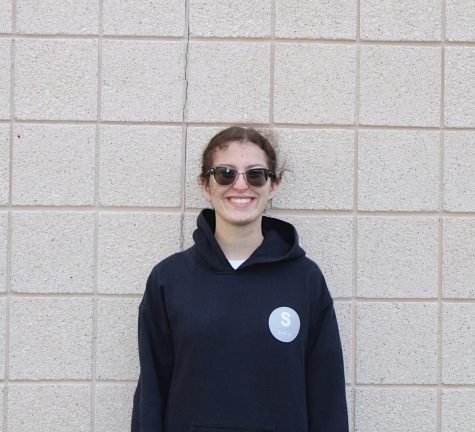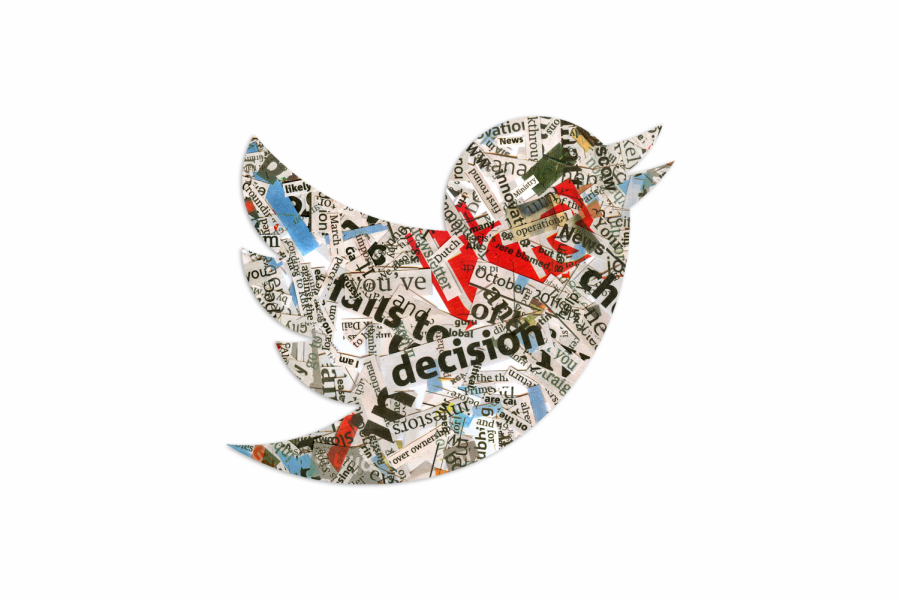I Got Hate Comments: An Insight Into How The Public Hurts Journalists
While perhaps one would not expect a high school newspaper to be on the receiving end of trolls, one should never underestimate the power of an antisemite with too much time on their hands. After I published my article about how antisemitism is a core part of the QAnon ideology, I was honored to have earned two (!) such comments. I had previously doubted that anyone read my articles, so to have a readership of two whole people, even if they were raging antisemites, was pretty astounding.
Though one comment read like I had stumbled across the middle of a conversation without the beginning or end, the other was written by a comically enraged and ignorant individual. The majority of their comment was devoted to calling George Soros a Nazi, Black Lives Matter a “radical Marxist” organization, and was ultimately rounded out by mentioning the “globalist one world order cabal.” I found all of this deeply hilarious; a wonderful story in small talk. However, I also recognize that when these comments are multiplied by thousands, it is no longer funny. It is time to reckon with how the public treats journalists. Spoiler: it’s not good!
One cannot talk about citizen-journalist relations without talking about Twitter. A Times journalist says she’s “afraid to open it.” Journalist Julia Ioffe was bombarded with hateful messages after writing a feature on then-First Lady Melania Trump for GQ. Lastly, Julia Carrie Wong, a reporter for The Guardian, scaled back her work after experiencing panic attacks caused by the relentless targeting she received at the hands of trolls. It is also worth noting that all three of the previously mentioned people are women, one is Asian and two are Jewish.
You’re being optimistic (or naive) if you think these people’s gender and racial identities didn’t impact the Twitter malestrom they experienced. Women of color are 34 percent more likely than white women to be targets of Twitter harassment than white women. Of the roughly 20,000 antisemitic tweets that Jewish journalists were attacked with, many used the Holocaust to increase the offense. Twitter harassment campaigns on journalists are an epidemic, and like many public health crises, the victims aren’t equal.
These attacks have real consequences. Journalists may not write certain articles out of fear. When Bari Weiss resigned from The New York Times, she wrote that, “Twitter is not on the masthead of The New York Times. But Twitter has become its ultimate editor.” The other issue is that journalists may be forced off of Twitter. This is a serious issue, as many less well known writers need Twitter to gain assignment and attention from newspapers. Other times editors expect their employees to have Twitter accounts. If journalists cannot write what they want to write without being targeted with attacks, if they cannot be on a platform that they need for self-promotion, then the industry suffers. And when journalism suffers, society suffers.
In the Center for Countering Digital Hate’s Failure To Protect report they recommended five courses of action to reduce hate online. Though I agree with all of them, the most important is that social media companies “close user accounts which publish racism on social media platforms.” I firmly believe that this will lower the pressure and prejudice journalists have to live with online. Of course, I am still a realist and I doubt Twitter or any other platform will do anything about the hate they allow for the sole purpose of engagement. Afterall, hate is a business model. Instead, I urge people to self-regulate. I urge them to contain the urge to tweet hateful comments towards journalists like Ms. Wong and Ms. Ioffe. Try to remember that a journalist is a person, a human being, and they don’t deserve to be hurt because someone decided that their opinion on stimulus checks revokes their humanity.

Jadyn has somehow survived 3 years of high school to become a senior. When not editing opinion articles, Jadyn can either be found stumping for Certamen...


